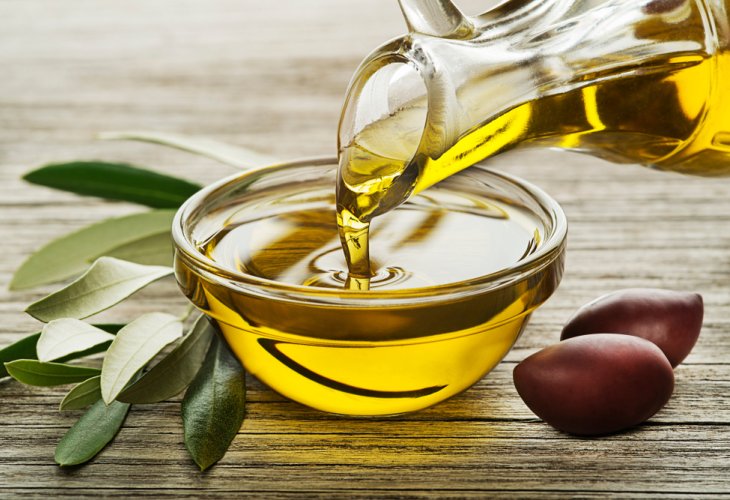The Truth About Oils: What's Really Good for You?
Which oils should you incorporate into your diet, and which might be harmful to your health?
 (Photo: shutterstock)
(Photo: shutterstock)Today's Western diet is saturated with both beneficial and harmful oils. It's advisable to limit oils in your daily menu. The recommended oils for kitchen use are strictly cold-pressed and not refined through hot pressing. Look for labels that specify cold-pressed quality, such as grape seed oil, sunflower seed oil, sesame oil, coconut oil, olive oil, and the like. Ideally, olive oil should be marked "Extra Virgin" with an acidity level of 1% or less, indicating its exceptional quality. In contrast, the well-known canola oil, derived from rapeseed, was developed by Canadians through crossbreeding new varieties, essentially creating a modified oil. After undergoing multiple refining processes, which will be detailed later in the article, the result is an oil that's harmful to health rather than beneficial.
Refined oil might sound like pure and clean oil, but this is not the truth at all. The process of oil extraction begins like this:
* Any vegetable oil base is heated.
* The oil oxidizes from the heat, producing free radicals (harmful to health and offers no benefits).
* It undergoes a process of filtering and cleansing certain components, eliminating toxins - but along with the "waste," nutritional values (vitamins, etc.) are also washed away, losing all its advantages and properties.
* Toxic chemicals are added to give it a clean and clear appearance (caustic soda and coal). The result: the oil loses its value, taste, and color.
In summary: Refined oil provides no added health benefits and quite the opposite, with only one advantage: a long shelf life.
Most people today are accustomed to frying food in refined oil (soy, canola, corn, etc.) or adding it to cakes and cookies during baking, but this is not a recommended practice. If you want to fry food in a pan or pot, it's better to use a small amount of quality olive oil. Thanks to its high content of monounsaturated fat and low content of polyunsaturated fat, it's more stable at high temperatures, producing fewer toxic substances. Thus, it's safe for frying as long as you don't burn it.
Store oils in the dark, in cool places. Purchase oils only in dark glass containers or metal cans, to prevent oxidation and spoilage from light and heat. Cheers to your health.
To book in-home seminars with naturopath Ruth Liat Pelz (at no cost), call 073-2221290

